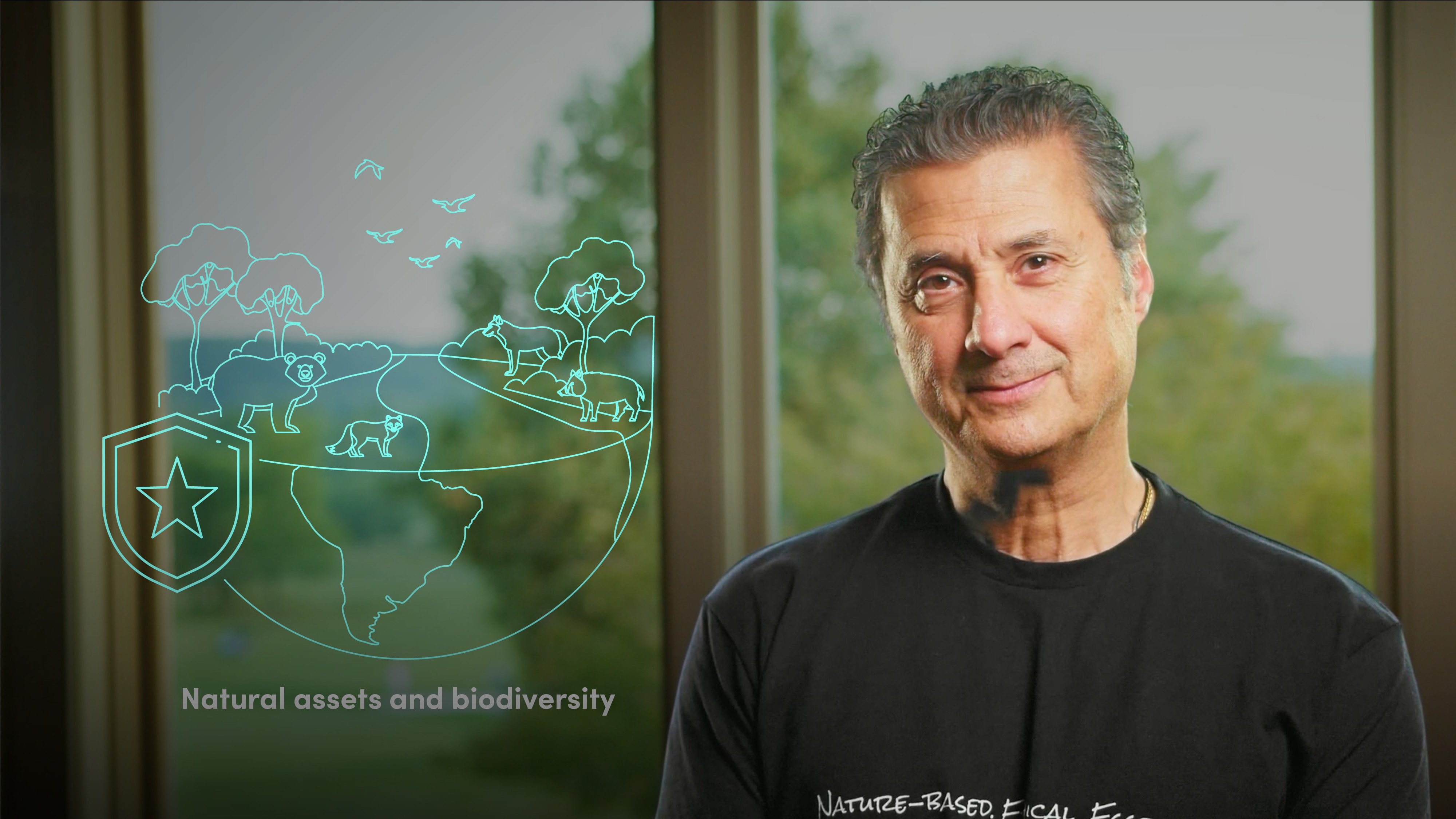
Designing Nature Markets II

Ralph Chami
CEO & Co-founder: Blue Green Future
In the previous video, Ralph Chami introduced how we can design nature markets. In this video, he continues this discussion by providing some potential actions that governments can take for the effective implementation of nature markets. He also discusses some policy recommendations that they can take to help.
In the previous video, Ralph Chami introduced how we can design nature markets. In this video, he continues this discussion by providing some potential actions that governments can take for the effective implementation of nature markets. He also discusses some policy recommendations that they can take to help.
Subscribe to watch
Access this and all of the content on our platform by signing up for a 7-day free trial.

Designing Nature Markets II
6 mins 15 secs
Key learning objectives:
Outline potential government actions for the effective implementation of nature markets
Outline corresponding policy recommendations governments can take to help with the implementation of nature markets
Overview:
Moving towards sustainable natural markets is a global collective effort. Governments must fund research on environmental services, invest in ecosystem-monitoring technology, and incorporate natural assets into national economic equations. Recognising the legal rights of nature, focusing on valuing ecosystem services over trading assets, and fostering transparent mechanisms for environmental service trades are essential. Collaboration with Indigenous Peoples and Local Communities in conservation and restoration efforts, as well as the creation of endowments for the continuous protection of natural assets, are pivotal. Adoption of these recommendations will form a sustainable nature market, aligning economic goals with environmental preservation.
Subscribe to watch
Access this and all of the content on our platform by signing up for a 7-day free trial.
1. Support and Fund Environmental Research:
2. National Accounting of Natural Assets and Biodiversity:
3. Value Ecosystem Services:
4. Legal Recognition of Natural Assets:
5. Create Endowments for Natural Assets:
6. Partnership with Indigenous Peoples and Local Communities:
7. Transparent Mechanisms for Environmental Service Trades:
Subscribe to watch
Access this and all of the content on our platform by signing up for a 7-day free trial.

Ralph Chami
There are no available Videos from "Ralph Chami"





























